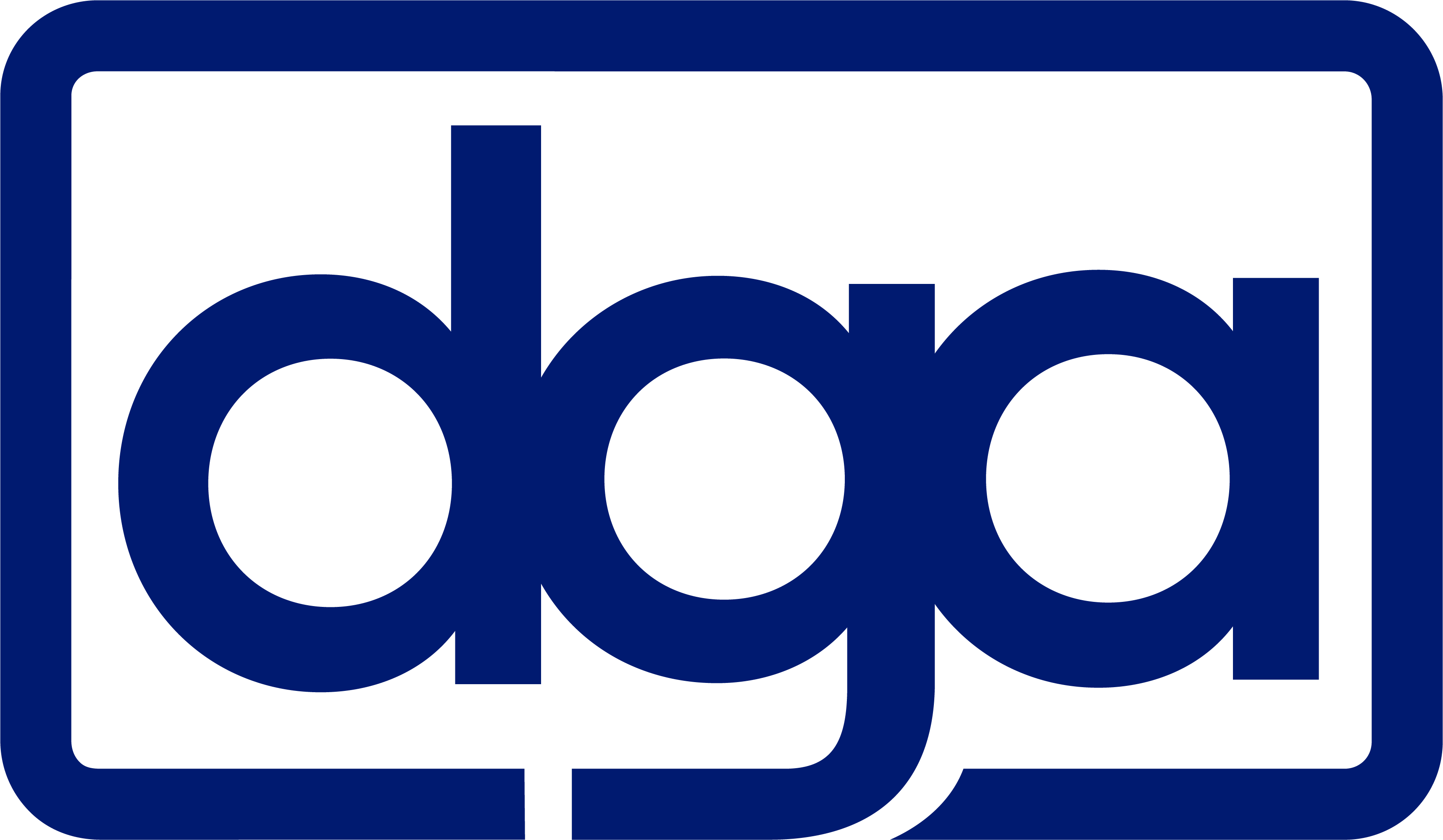Business leaders express support for Patrick’s education plan
A group of 87 business leaders have come out in support of Governor Deval Patrick’s early education plan, and the new revenue tied to it, which they say is a necessary investment to ensure there is a well-educated workforce.
The announcement was made in a letter Tuesday, as the governor prepared to meet with business leaders and economists Wednesday to discuss the state’s economy and his fiscal 2014 budget. Earlier this month, a group of 57 economists wrote a letter supporting Patrick’s budget, which would fund new transportation and education programs partly by raising the income tax and rewriting portions of the corporate tax code.
“Nobody loves taxes, but we feel that this is less of a tax and more of an investment,” said Paul O’Brien, former chief executive of New England Telephone and a signer of the letter. “New revenue is going to be needed if we want to improve our early education.”
Patrick’s proposed budget would raise the income tax from 5.25 percent to 6.25 percent while lowering the sales tax from 6.25 percent to 4.5 percent. Part of the increased revenue from those changes would provide $131 million more for early education programs in fiscal 2014 and $350 million over four years.
The plan calls for eliminating the state’s early education waiting list, which currently has 30,000 children on it, by providing universal access to early education, said a statement from the state’s Executive Office of Education.
Among the letter’s signers are Jack Connors Jr., chairman emeritus of the advertising company Hill, Holliday, Connors, Cosmopulos Inc.; Peter S. Lynch, cofounder of the education-focused Lynch Foundation; and John Bissell, executive vice president of Greylock Federal Credit Union.
“As a business leader, I’m concerned frankly with the caliber of [job] candidates we’ve been seeing,” Bissell said. “I would love it if we were growing homegrown talent to fill high-opportunity jobs, and I think we as a community need to come together to improve early education for that.”
Patrick’s budget received a tepid response from Republicans when he unveiled it during his State of the State address in January, not least because of the proposed tax increase.
In their letter, the business leaders framed new tax revenue as being vital to decreasing the state’s achievement gap and building a pool of well-educated workers capable of competing in a global economy.
“As businesspeople, we seek a strong return for our investments,” the letter said. “[James] Heckman and other leading economists estimate a 10-16 percent return on investing in high-quality early education, particularly for children from low-income families.”
The letter received a swift response from the Massachusetts Business Alliance for Education, which advocates on behalf of the 23 business leaders on its board of directors.
The director, Linda Noonan, said her group is not opposed to the governor’s early education plan, but did not agree with the entire education package, either. She called for new funds to be spent only in areas with proven success rates.
“We’re just saying, ‘If we’re going to do a tax increase, please explain what we’re doing with the money already invested,’ ” she said.
The letter from the 87 business leaders, though, praised the logic behind Patrick’s proposal.
“Decades of research tell us that closing the achievement gap begins in early childhood,” the letter said. “Participants in high-quality early education demonstrate improved school readiness, higher language and early math skills, and enhanced social-emotional development.”
Read more: http://www.bostonglobe.com/metro/2013/03/20/letter-business-leaders-express-support-for-governor-patrick-early-education-plan/FeMnCEWvyrmugcbUapASEK/story.html

